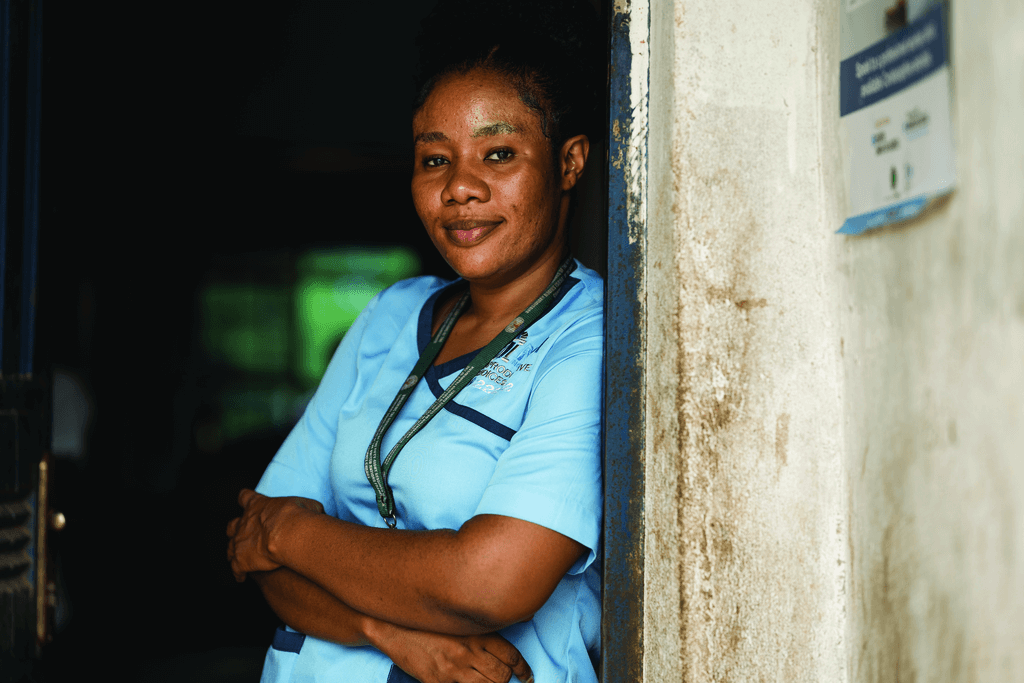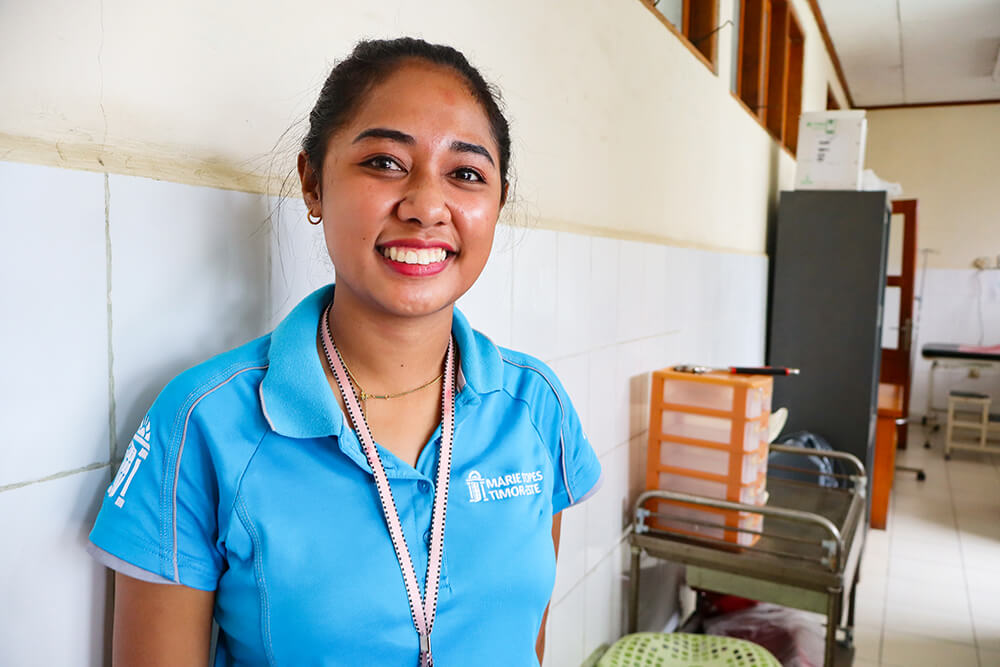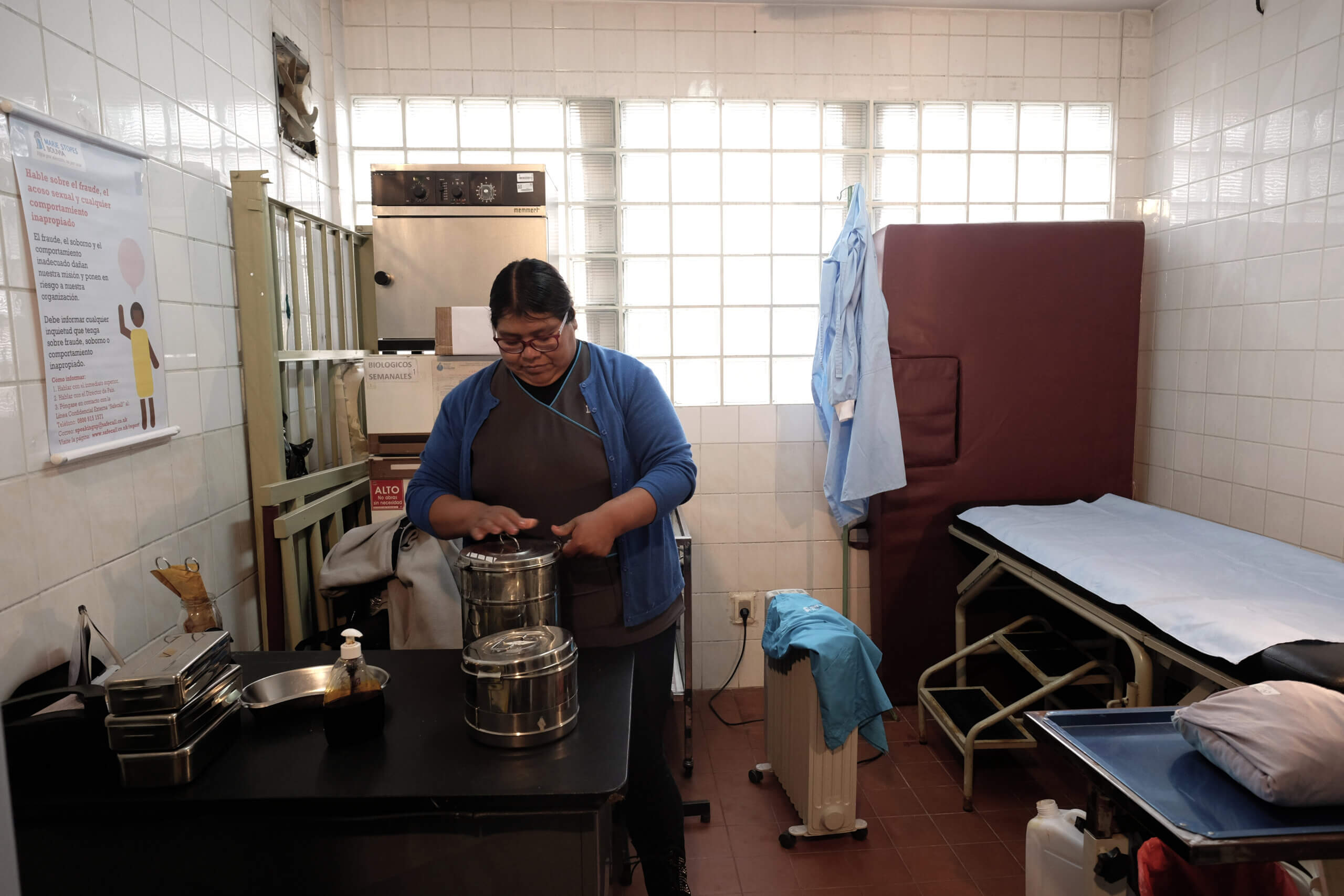Launching MSI 2030: ‘Your Body, Your Choice, Your Future’
By Simon Cooke, CEO of MSI Reproductive Choices
Every day our providers and clients witness the power of reproductive choice. From enabling girls to stay in school, to supporting women to forge their careers, the right to choose is transformational. As Damaless Mukaka, a nurse from our Zambia program, told me recently, ‘If you empower a woman or a girl, then you’ve empowered a home, you’ve empowered a country and you’ve empowered the world.’
Our vision for the next 10 years is bold: By 2030, no abortion will be unsafe and every individual who wants access to contraception will have it. We know that making reproductive choice a reality for all is within reach this decade. Here’s how we can make it happen, together.
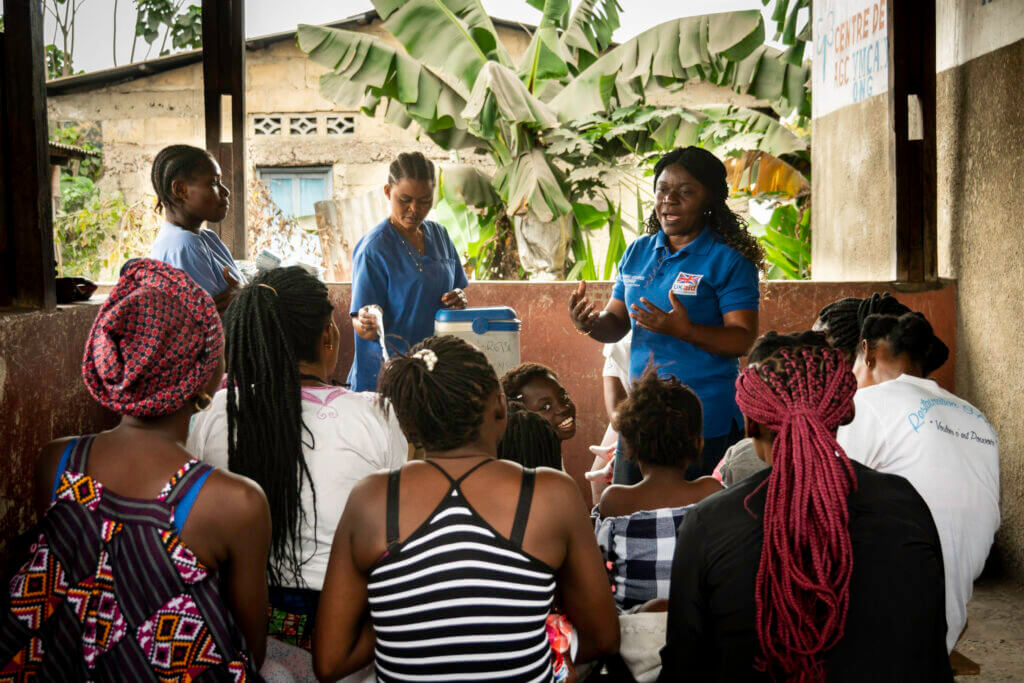
Leave no one behind
Today, the international community is failing the 230 million women and girls who want, but have no access to contraception. This number will increase to 300 million by 2030 if no additional action is taken. The Covid-19 pandemic has already made the gap significantly wider in just a few months.
In Niger, only 14% of married women use a modern form of contraception and women have on average 7.3 children. Providing reproductive choice allows women and girls to break the cycle of poverty, educate themselves and contribute to improving their lives and communities.
Despite the impact of COVID, our bold MSI providers are ensuring the pandemic will not get in the way of providing services – and we’re not slowing down. Over the next ten years we commit to serving at least 120 million women and girls with voluntary high-quality sexual and reproductive healthcare services, guaranteeing that 80% will be those with the greatest need – those left behind by health systems, adolescents, people living in extreme poverty and displaced communities.
We recognize that reaching the youngest, poorest and most marginalized does not happen by accident, it means innovating, partnering to reach further, and specifically tailoring services.
To do this, we will need to go further than ever before, going beyond the last mile to deliver services to communities with no alternative access and partnering with the public sector to support a shift to national ownership of reproductive health services.
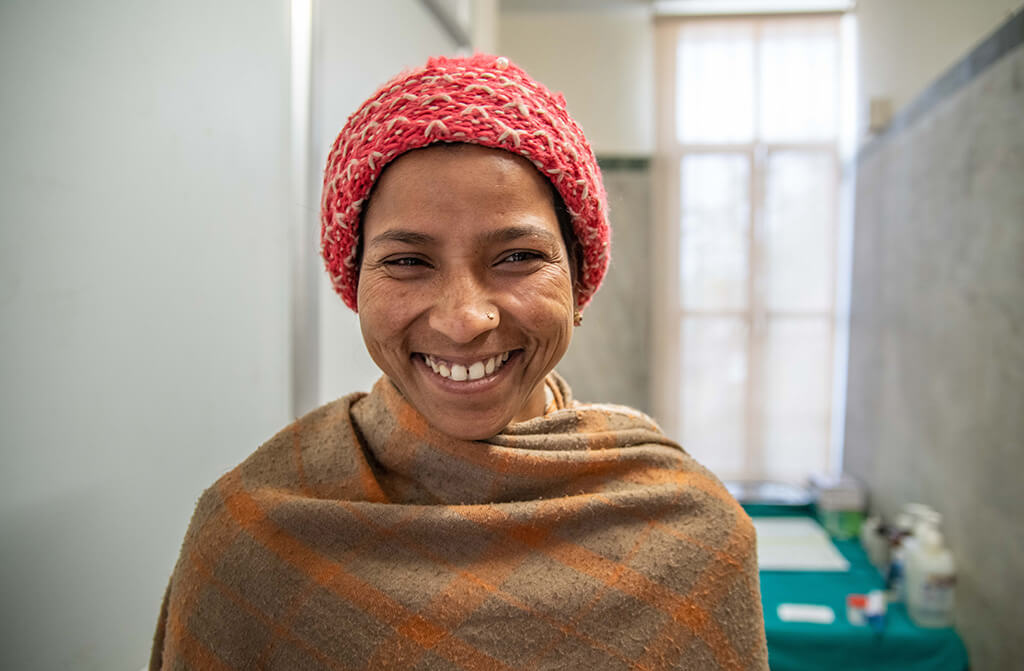
Ensure women and girls are only one contact away from a safe service
We will partner across the public and private sector, developing sustainable and integrated referral networks so that every woman and girl is only one contact away from a safe service.
Unsafe abortion is a public health crisis, and this year, 25 million women will make the agonizing decision to have an unsafe abortion. No one should have to risk their life to access a straightforward and common medical procedure. We will continue to expand access to safe abortion services and information, so no one is forced to make that choice.
Put choice in her hands
For over 40 years, we have trusted women, not doctors, to make the choices that are right for them and we will continue to innovate to support quality and safe self-management. Our client, always at the center of what we do, will have more control, information and services at their fingertips, rating service providers and driving quality in care.
Women are increasingly accessing healthcare services outside of facility settings. We know that a pharmacy is a first port-of-call for many women in low and middle-income countries and data from our telemedicine program shows that home-based services are preferable to many clients. We will ensure that women can access services safely and with support, on their terms.
Invest in young people’s futures
The 1.2 billion young people aged between 10-19 in the world today are at risk of poverty and exclusion if they do not have access to the services and information they need. For example, girls in southern Sudan are more likely to die in pregnancy or childbirth than complete secondary education, and in Niger over 75% of girls are married before their 18th birthday. As the largest generation of young people in history approach their reproductive years, we need to harness their potential to contribute to economic and social progress.
I am deeply proud of our work to focus on adolescent care, which has allowed us to serve over 3.5 million adolescents since launching our adolescent strategy in 2017. We will continue to learn from our data and insights to reach more young people through delivery channels that are accessible and confidential, while testing out new approaches to expand the tailored services we can offer. By 2030, we expect 50% of all our clients to be <24 years old.
Change the rules
Our strategy isn’t just about how big MSI country programs can be, but how – alongside our service delivery – we can influence, shape and support others to contribute to the same goal.
In every country in which we work, our services are over-medicalized and over-regulated. As the organized rollback of reproductive healthcare and rights continues, global and local allies and partners are more important than ever. Our role as a service provider is to normalize these lifesaving services, continuing to advocate for change and collaborate to remove unnecessary restrictions that cost lives.
Driven by the communities we serve
We want our country programs to be locally led and our clients to decide what is best for them. This means empowering our programs to build sustainablility access channels, local partnerships and more self-sufficiency. We are committed to develop strategies at a grassroots level, engaging women and girls to help determine how to serve them better.
Put reproductive choice at the center of development
This decade has opened with many uncertainties, but what we can be sure of is that the need for sexual and reproductive healthcare and rights will remain universal and urgent.
This week, with the launch of our new strategy and our new name, we are reaffirming our commitment to choice in all its forms. From a choice of contraceptive or safe abortion method, to a choice over where and how to access care, we at MSI Reproductive Choices are committed to ensuring everyone is supported to make decisions about their bodies and their futures.
To get there, we will show up differently, share more, and listen to our clients, communities and partners. Reproductive choice is a key pillar in the drive for gender equality and in a future where women and girls take their rightful place in all aspects of society.
We invite you to join us in making this future a reality.



